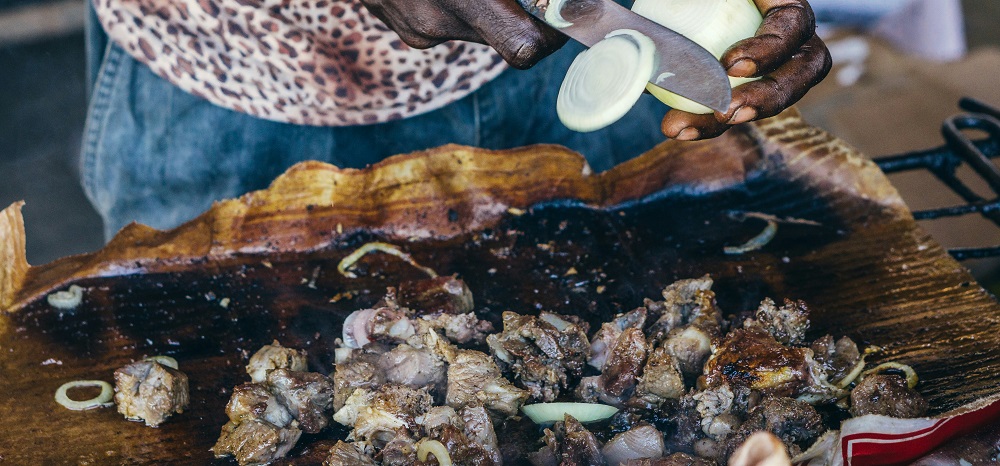A city abundant in resources and natural beauty, Luanda is an exciting prospect for expats and is brimming with potential. A prominent port city on the west coast of Southern Africa and the capital of Angola, Luanda certainly is easy on the eye with a beautiful bay and pretty seafront promenade.
As an expat moving to Luanda, you’ll likely be coming to the city for a lucrative oil or diamond industry work opportunity. Typically, this work assignment will only be for a few months or years, as Angola is still considered a hardship destination.
Living in Luanda as an expat
Life in Luanda has pros and cons, and you shouldn’t underestimate the challenges you’re likely to face. Indeed, adjusting to the day-to-day may be difficult and slow for many expats.
Working in Luanda can be highly lucrative if you have experience in the mining or oil industries. Other large industries in the city include agriculture, manufacturing, construction and tourism. Most expats come over as part of a contract with a multinational company.
Most of these multinational companies will place their employees in expat compounds. These compounds offer a good quality of life, with large houses, swimming pools and a high level of security, but this often comes at a high price for those who are footing the bill themselves.
The public transport in Luanda is fairly limited. Minibus taxis are abundant but fairly reckless. As a result, you’ll find that you need a vehicle while living in Luanda. That said, due to the dangerous road conditions, having a driver with local experience is the best bet. Cars here drive on the right-hand side.
Healthcare in Luanda is better than in the rest of the country, but even here, public healthcare is below the standards of Western countries. You’ll likely need to invest in private healthcare and private health insurance. Serious emergencies may require travelling to South Africa or another country. Pharmacies are relatively abundant in Luanda, but we recommend bringing chronic medication from your home country.
Cost of living in Luanda
Luanda can be surprisingly expensive. Accommodation is in high demand in the city and will be your biggest expense if your relocation package does not cover it. We advise that you factor this into any contract negotiations before moving to Luanda.
Locally sourced produce is often reasonably cheap, but imported goods are pricey. Overall, though, if you’re earning in a foreign currency, you’ll have a high quality of life here.
Families and children in Luanda
The noticeable inequality between the rich and poor is perhaps the most jarring aspect of a move to Luanda. While much of Luanda’s population continues to live in poverty, you will likely live in an insular expat community in the newer and more affluent Luanda Sul area to the south of the city. This area is home to several international schools and is the best area to live for those with small children.
While there is plenty to keep you and your family occupied on weekends in these expat compounds, many expats choose instead to escape Luanda for the beaches and resorts outside the city. Surfing and nature hikes are popular among expats and tourists alike.
Climate in Luanda
Luanda has a tropical climate, and can get rather humid. With a long dry season and short wet season, you will need to adjust to the hot weather. We recommend staying cool and hydrated to combat weariness or heat stroke.
While there are undeniable drawbacks of living in this African city, expats moving to Luanda with an open mind will likely have a rich and rewarding cultural and financial experience. Nature buffs are sure to love the surroundings, and anyone open to exploring the culture and getting to know the locals will be welcomed with open arms.


